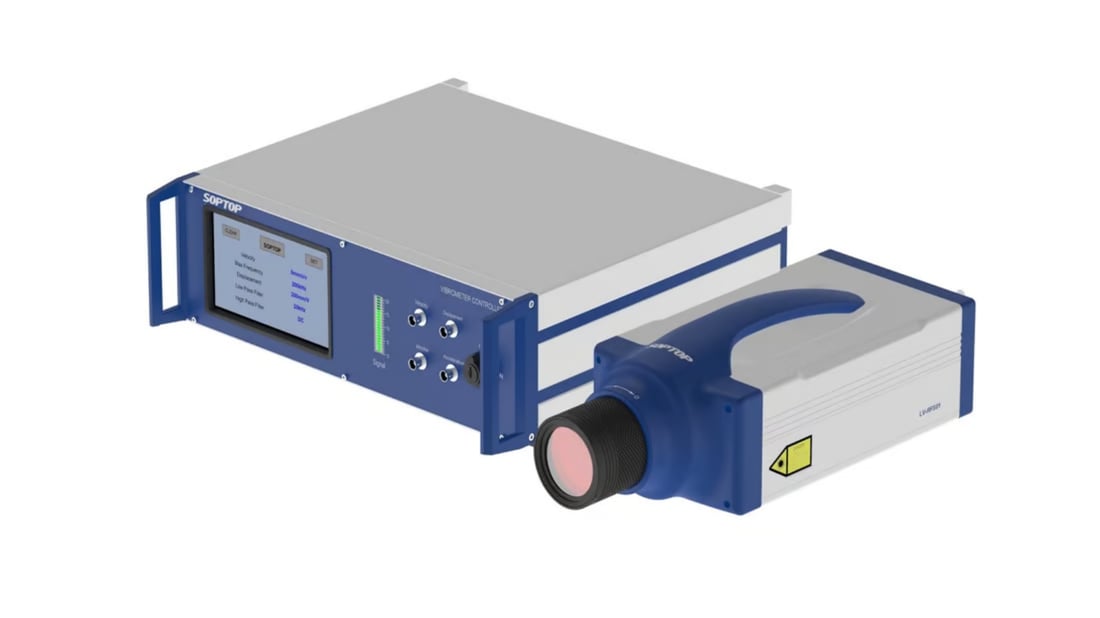When it comes to measuring vibrations in mechanical systems, the laser vibrometer is an invaluable tool used in various industries.
Accurate Vibration Measurement
Laser vibrometers are highly sensitive devices that can measure vibrations with high precision and accuracy. They can detect even the slightest vibrations in a system, making them essential for quality control and research purposes.
Non-contact Measurement
Unlike traditional contact-based vibration sensors, laser vibrometers offer non-contact measurement, eliminating the need for physical contact with the vibrating object. This feature is particularly useful for delicate or hard-to-reach systems.
Dynamic Balancing
One of the key uses of laser vibrometers is in dynamic balancing of rotating machinery. By analyzing the vibration patterns of rotating components, engineers can identify and correct imbalance issues, improving the overall performance and lifespan of the machinery.
Structural Health Monitoring
Laser vibrometers are also employed in structural health monitoring of buildings, bridges, and other infrastructure. By detecting and analyzing vibrations, engineers can assess the structural integrity of these systems and identify potential issues before they escalate.
No Invasive Testing
With the non-contact feature of laser vibrometers, engineers can conduct vibration testing without the need for invasive procedures that could potentially damage the system. This non-invasive testing method is crucial for maintaining the integrity and safety of the equipment being tested.
Aerospace Applications
In the aerospace industry, laser vibrometers are utilized for vibration testing of aircraft components and structures. By ensuring that the parts can withstand vibrations during flight, engineers can enhance the safety and reliability of aircraft.
Automotive Industry
Automotive manufacturers use laser vibrometers to analyze the vibration characteristics of vehicle components and systems. This data helps in designing vehicles that are more comfortable, reliable, and efficient, ultimately improving the overall driving experience.
Research and Development
Research institutions and laboratories extensively use laser vibrometers for various research and development projects. By studying vibrations in different systems, researchers can gain valuable insights into the behavior and performance of the objects under observation.
Quality Assurance
Quality assurance processes in industries such as electronics, manufacturing, and construction rely on laser vibrometers to ensure that products meet the required standards. By detecting and analyzing vibrations, companies can identify defects or abnormalities early in the production process.
Cost-Effective Solution
Despite being a sophisticated piece of equipment, laser vibrometers offer a cost-effective solution for vibration analysis and monitoring. Their versatility and accuracy make them a valuable asset for industries seeking to optimize performance and maintain quality standards.

